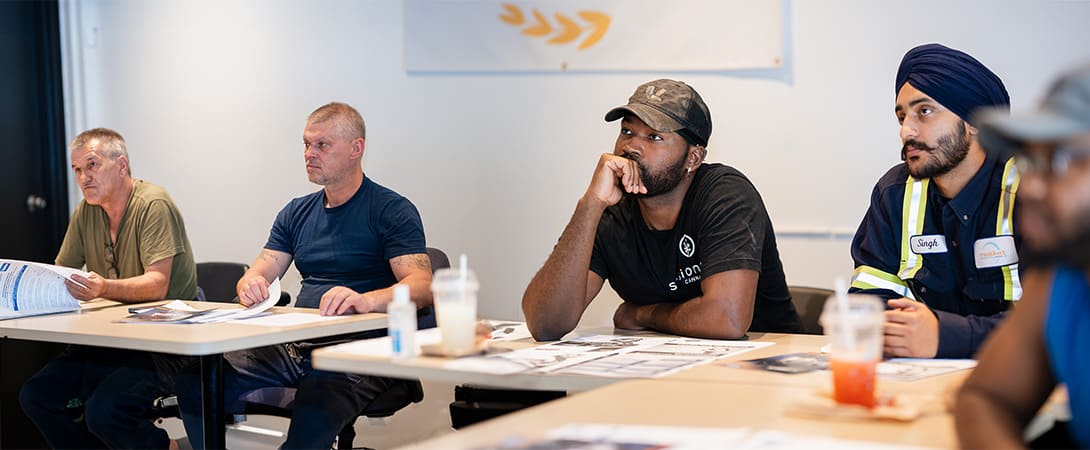It’s time to break the stigma and recognize the crucial role that mechanics play in our society and infrastructure.
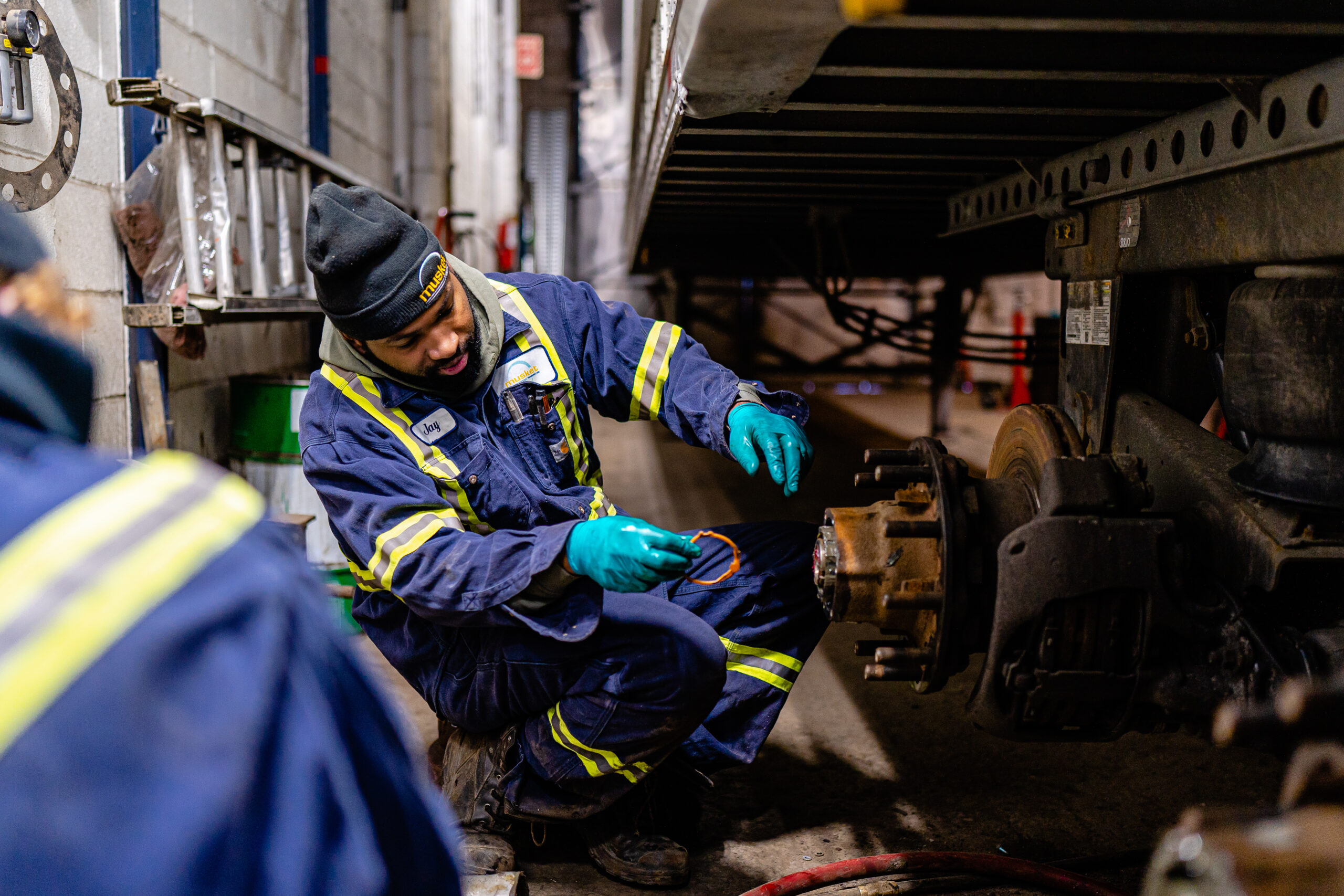
Mechanics face a common misconception that they work in dirty and unskilled jobs. While media and entertainment have done little to change that perception over the years, the reality of being a mechanic is far removed from this ill-conceived notion. In a series of recent interviews, we spoke with several Musket truck and trailer mechanics about the challenges and rewards of their profession.
Anthony, Musket Fleet Manager, shared the struggle mechanics have of receiving recognition for the conditions in which they work. He also emphasized that mechanics need a combination of education and practical experience to succeed in their field.
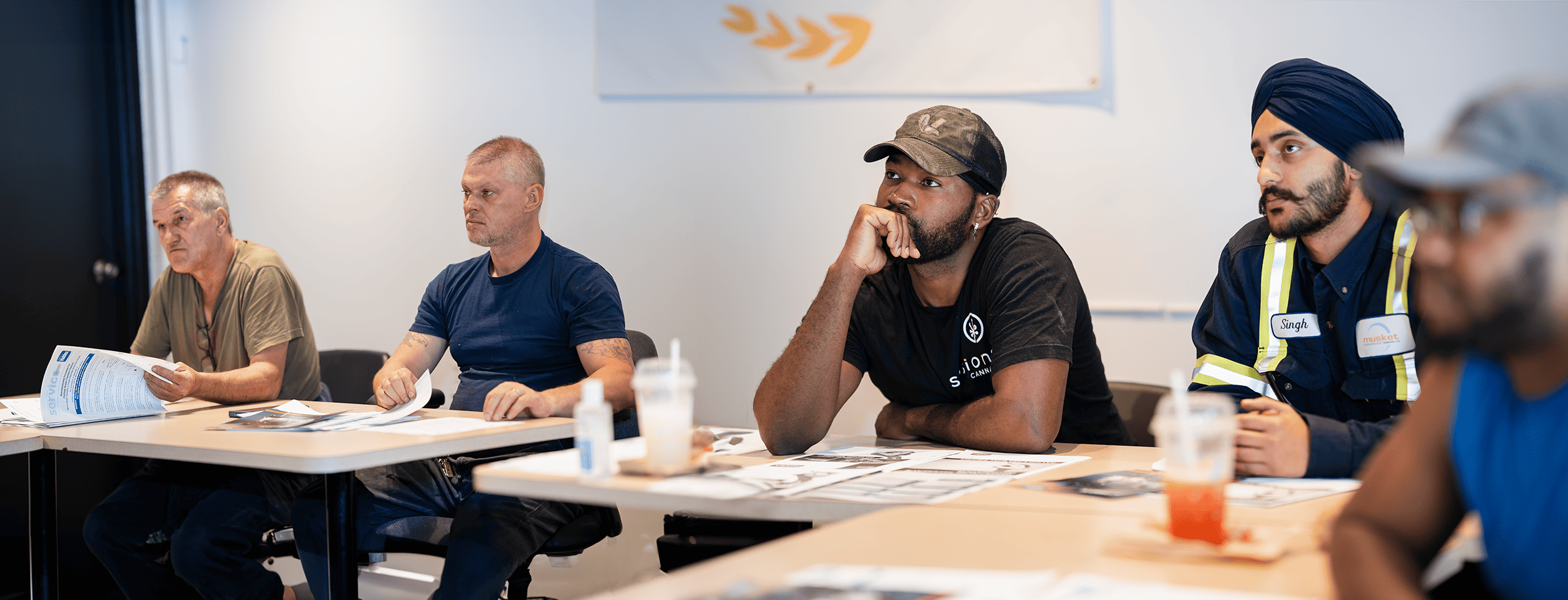
(Photo: Musket’s Cawthra maintenance crew study to be re-certified in slack adjusters)
“Most of our mechanics are very steadfast people,” said Anthony. “They work in all kinds of extreme weather conditions to get the job done. The best mechanics are also the ones that are constantly trying to upgrade their skills. Find out what the new technologies are that will help with their trade. They’re always very curious when we have a major service failure or a persistent problem and how to resolve that. The best mechanics are also the ones that work very well in teams, which is exactly where the solutions come from. And it’s actually really phenomenal when you have a bunch of mechanics together [tackling] a problem that has been plaguing us for months. And out of one of those conversations, the synergy is just fantastic and that’s what is really beautiful.”
Anthony’s comments highlight the importance of education and practical experience in the field of mechanics for those who wish to thrive in the industry.
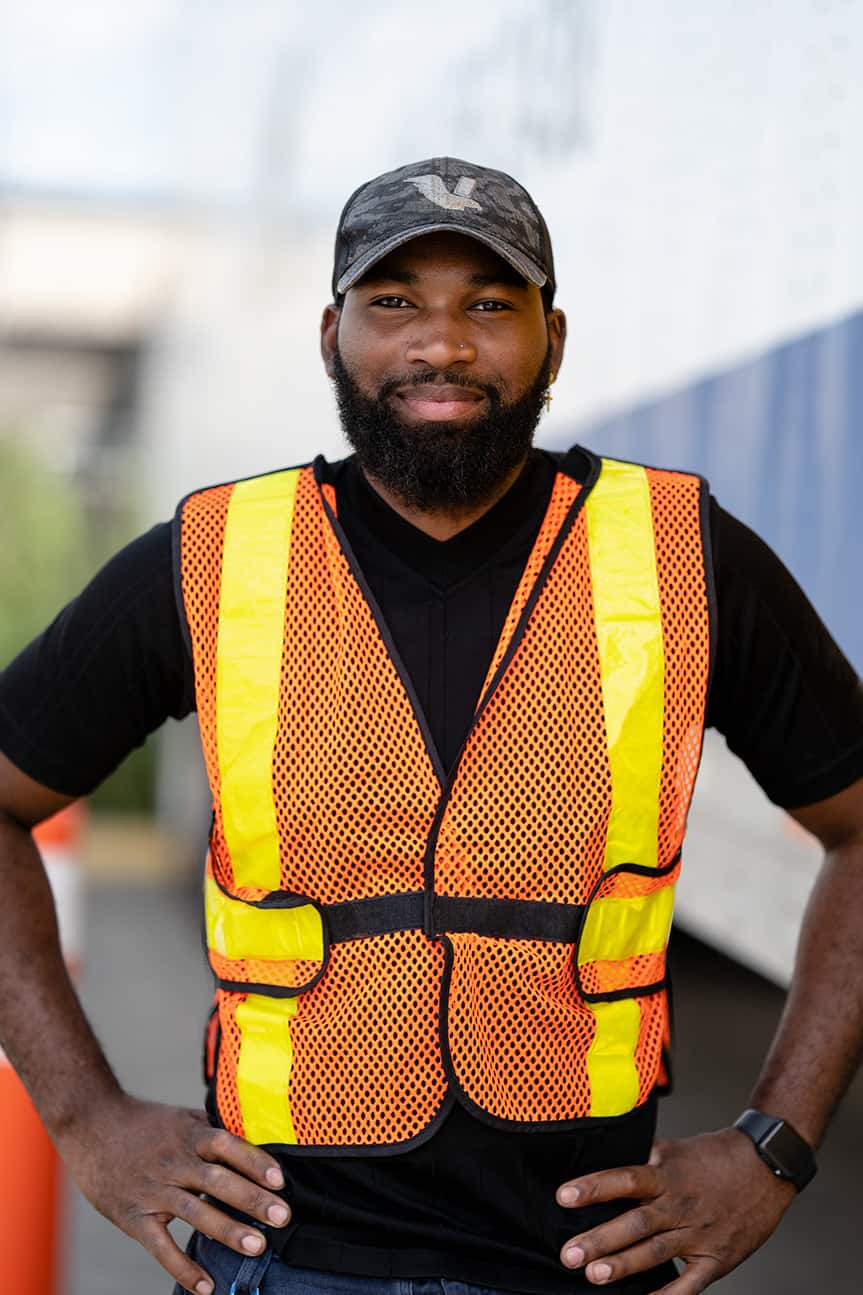 Jay, Mechanic Foreman with Musket, explained that mechanics need to have innate mechanical and structural skills, spatial awareness, and the ability to understand physical, mechanical, electrical, and programming systems.
Jay, Mechanic Foreman with Musket, explained that mechanics need to have innate mechanical and structural skills, spatial awareness, and the ability to understand physical, mechanical, electrical, and programming systems.
It’s not just a matter of understanding how an engine or brake system works. It also involves a major computer and electronic portion. The mechanics profession is one of complexity that requires critical thinking and problem-solving skills
“What people don’t understand,” said Jay, “is that being a mechanic, you learn a lot of transferable skills, that you can use out there in the real world.”
Mechanic apprentices Baljot and Ben shared their own challenges. Baljot, who started his career as a driver before discovering a fascination with the mechanical side, explained that, “being a mechanic requires physical strength and critical thinking.” He also went on to highlight that mechanics need to perform their job with safety regulations in mind to ensure the equipment is well-maintained both for the drivers who use them and the other cars on the road. Ben explained that many drivers request maintenance in the same way they might order a burger, but that finding the root cause of a problem often takes exploration and ingenuity.
It’s actually really phenomenal when you have a bunch of mechanics together [tackling] a problem that has been plaguing us for months… the synergy is just fantastic and that’s what is really beautiful.
Despite the challenges, Ben spoke on the rewards of being a mechanic. “It’s a passion,” he explained, “you really have to want it. But if you’re not really into it, then I’ll say just forget about it. It’s a really tough job, but it’s good experience. Plus, as I said, you can apply it in everyday life.”
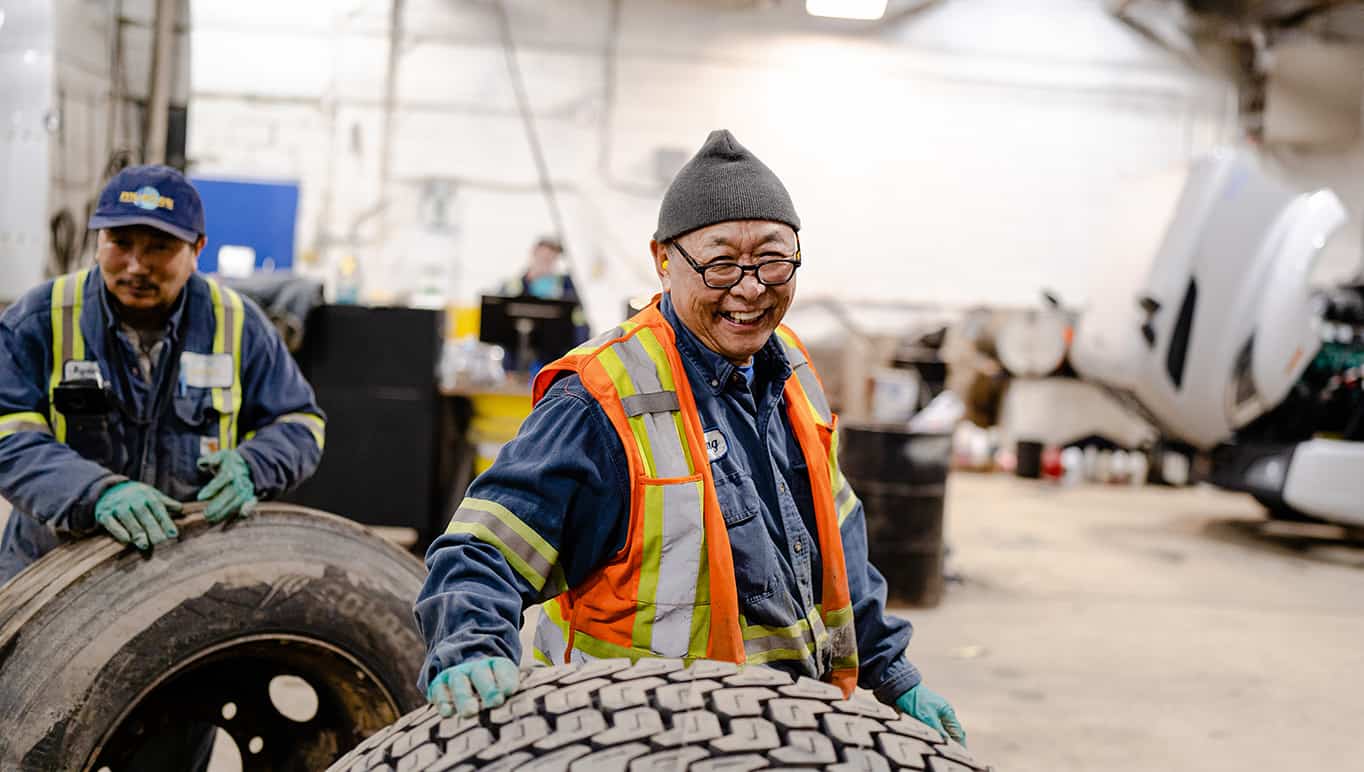
Mechanics are highly skilled professionals who face many challenges and require practical experience, critical thinking, and problem-solving skills. They work in extreme weather conditions and strive to constantly upgrade their skills, learn new technologies, and work well in teams. It’s time to change the narrative and view mechanics as highly skilled professionals who play a crucial role in our society and infrastructure.

